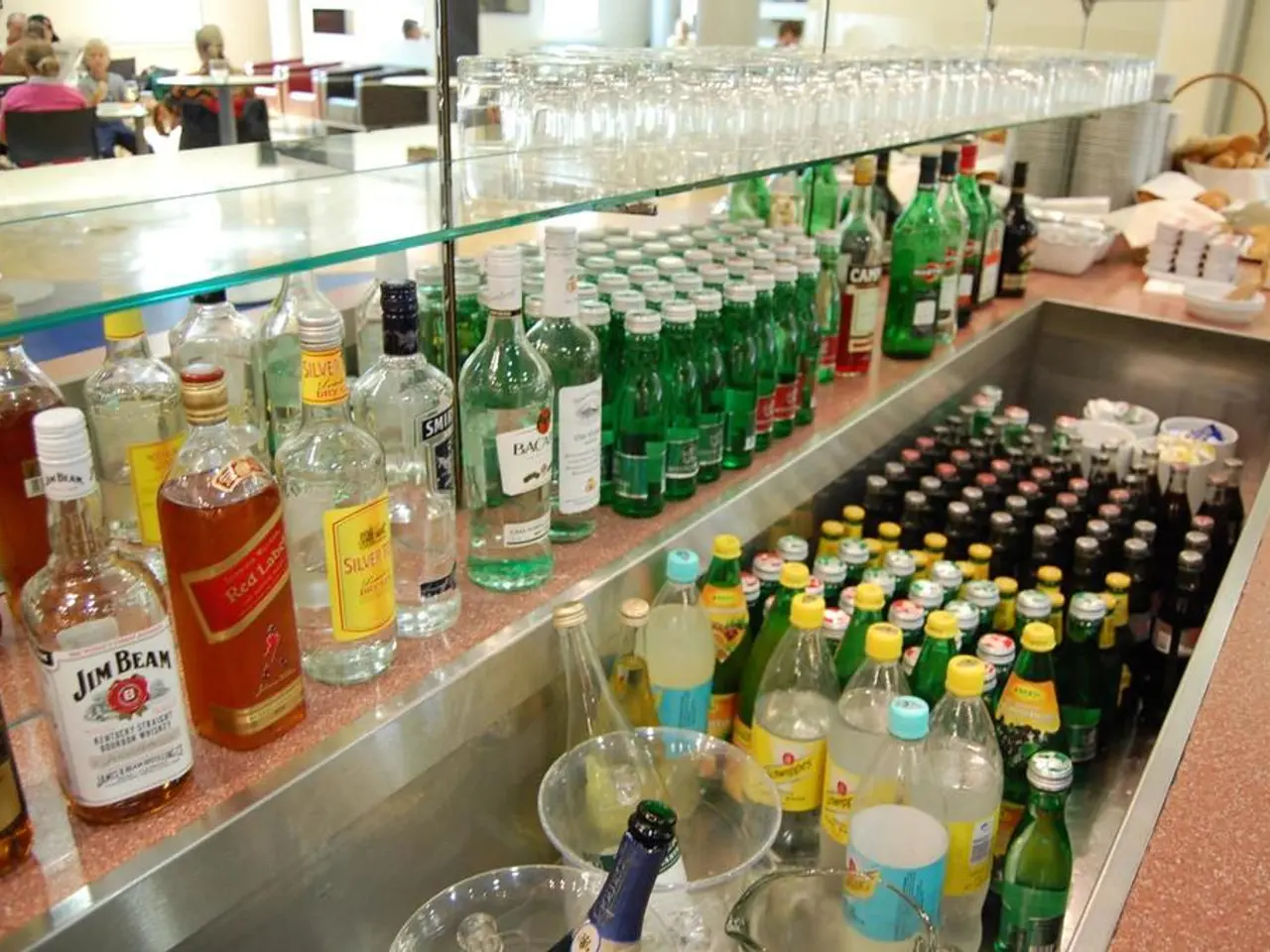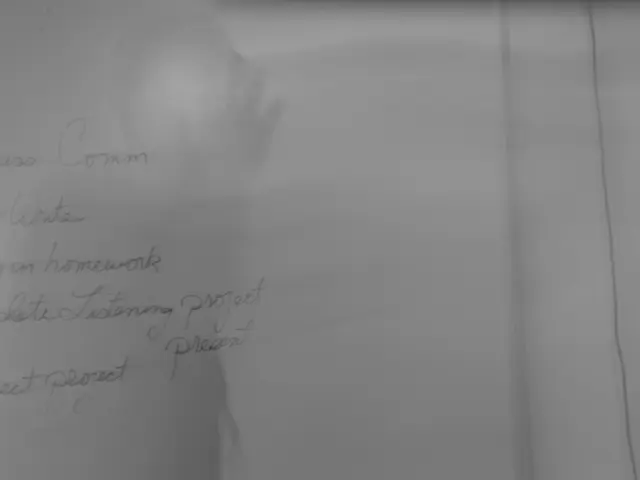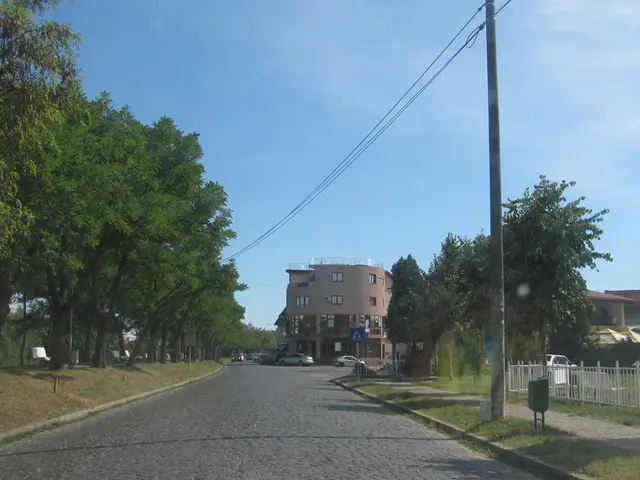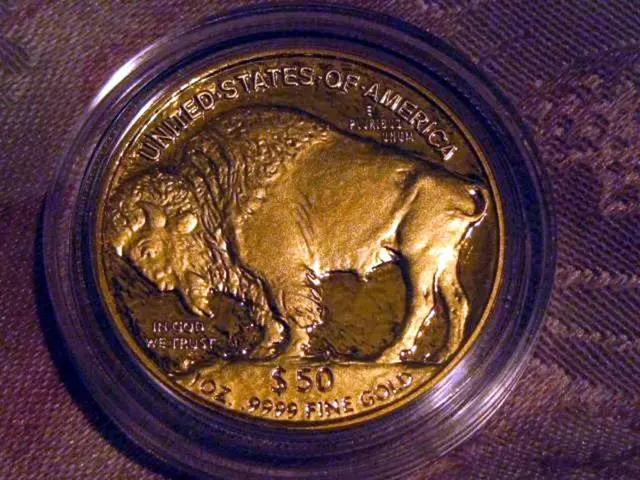Drinktec 2022: A Resounding Success for Beverage Industry Innovation
Drinktec 2022, the world's leading trade fair for the beverage and liquid food industry, concluded with resounding success. Held in Munich, the event attracted a massive 58,281 visitors from 164 countries, with 70% coming from international markets. It was hailed as a milestone towards connected, sustainable, and efficient production by Christoph Klenk, CEO of Krones AG.
The fair saw an impressive 1,117 exhibitors from 68 countries showcasing innovative solutions for modernization, process optimization, digitization, and new beverage concepts. Many exhibitors used the platform to launch new product concepts, demonstrating the event's significance in driving industry progress.
The quality and international reach of visitors were praised by Florian Lerche, head of corporate communication at KHS Group. Markus Kosak, Executive Director of Drinktec, highlighted the high-level exchange and insights into technology and technique that the event facilitated. KHS Group itself considered Drinktec 2022 a highly successful event.
Looking ahead, Parker, one of the exhibitors, has already highlighted sustainable, networked, and efficient beverage production solutions for Drinktec 2025. These include the Nitro Source Compact nitrogen generator and advanced filtration systems, designed to help brands meet regulatory, quality, and future industry requirements.
Drinktec 2022 proved to be a significant event for the beverage industry, fostering innovation and international collaboration. With the next edition scheduled for September 11 to 15, 2028, industry professionals can look forward to another opportunity to shape the future of beverage production.
Read also:
- Germany Launches HoLa Project for Megawatt Charging on A2 Motorway
- ACC Expands European Battery Production with Three New Gigafactories
- Munich Airport Unveils Its New Electrical Vehicle Charging Parksite
- Clean Energy Facilities by Constellation Offer Close-to-Impeccable Summer Stability, Reinforced by $7 Billion in Capital Infusions Over the Past 10 Years








